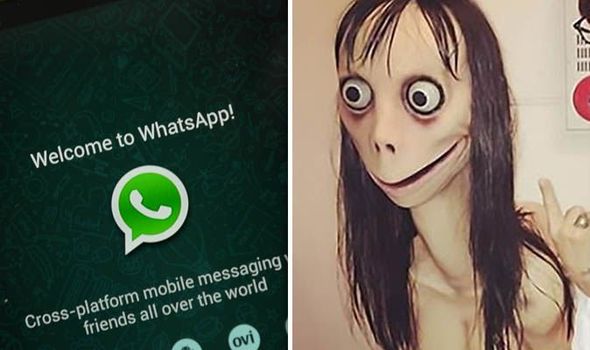×
The Standard e-Paper
Kenya’s Boldest Voice

Parents have been warned about a sick WhatsApp 'suicide' game called Momo that could be next Blue Whale.
The disturbing online game has made its way to the UK after being linked to the death of a young girl in Argentina - and at least 130 teen deaths across Russia.